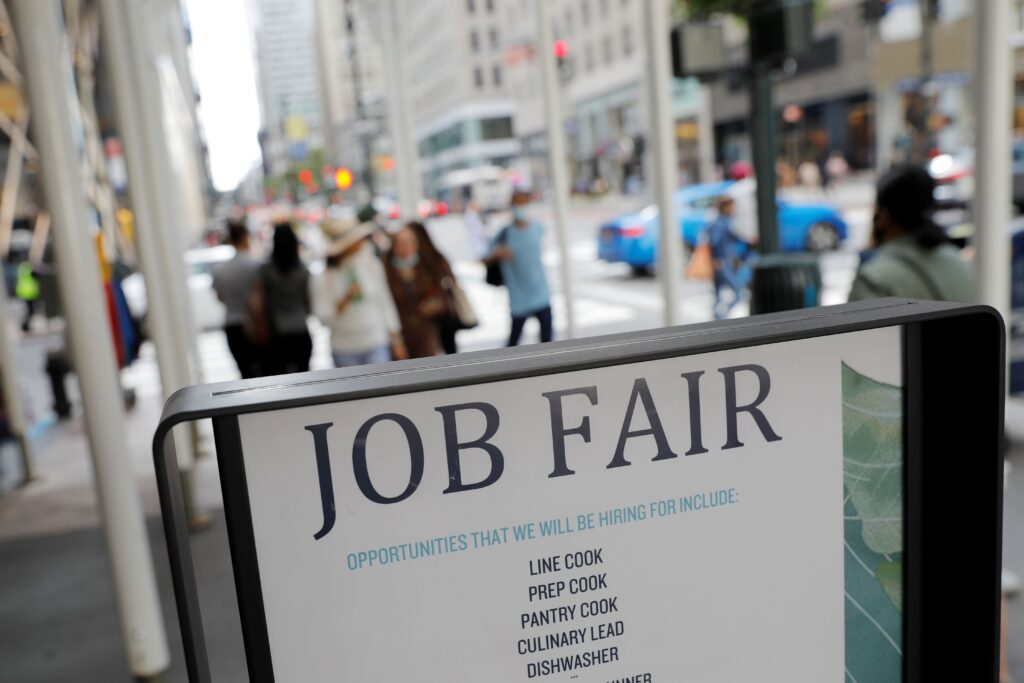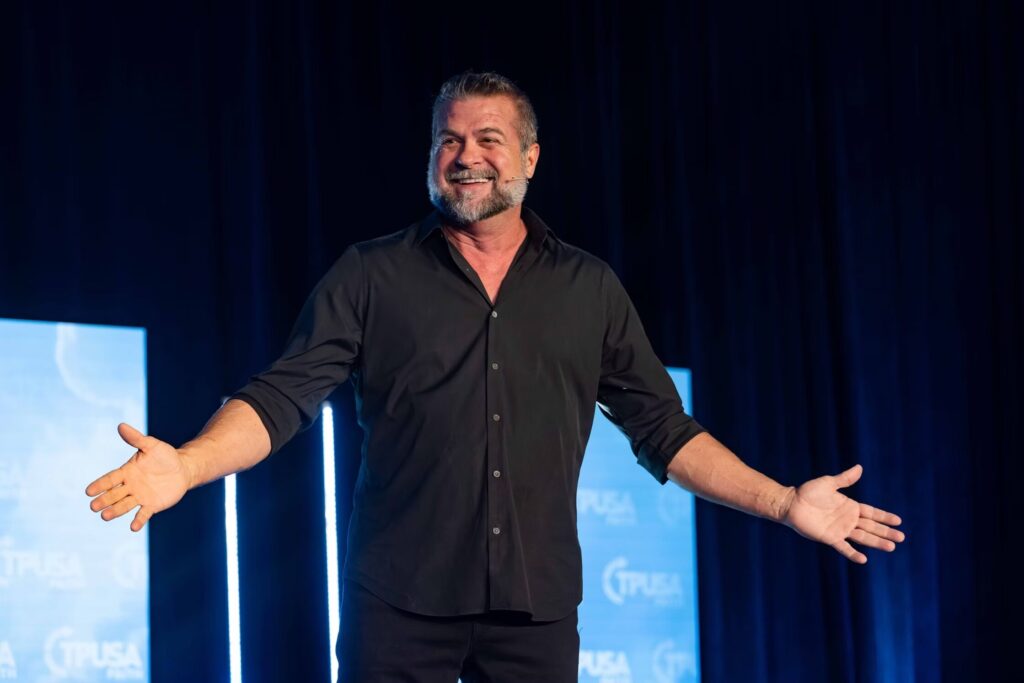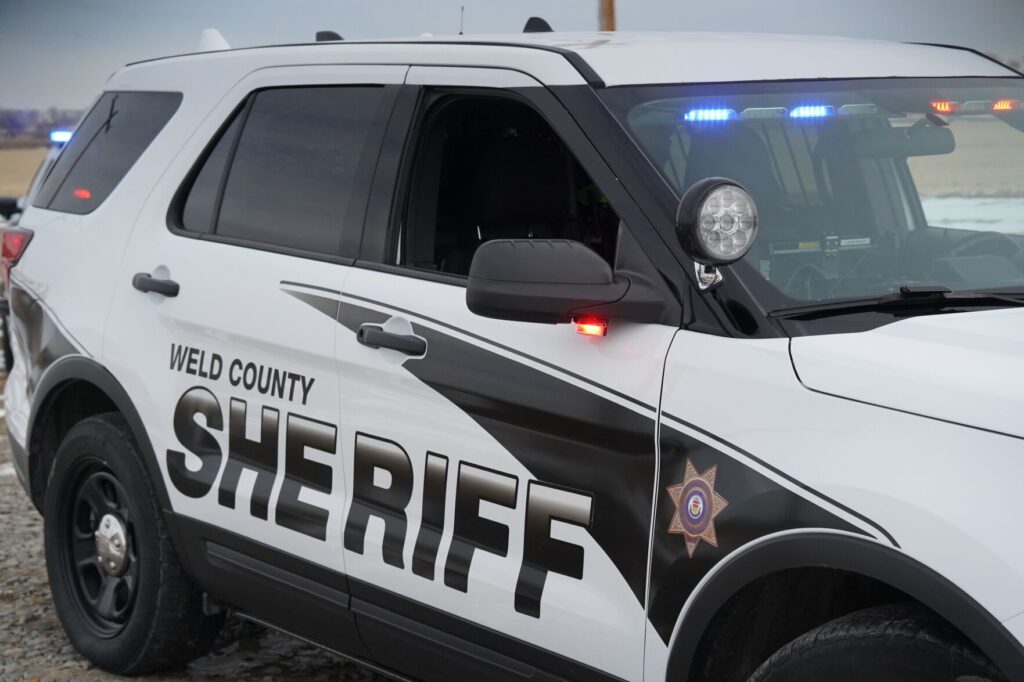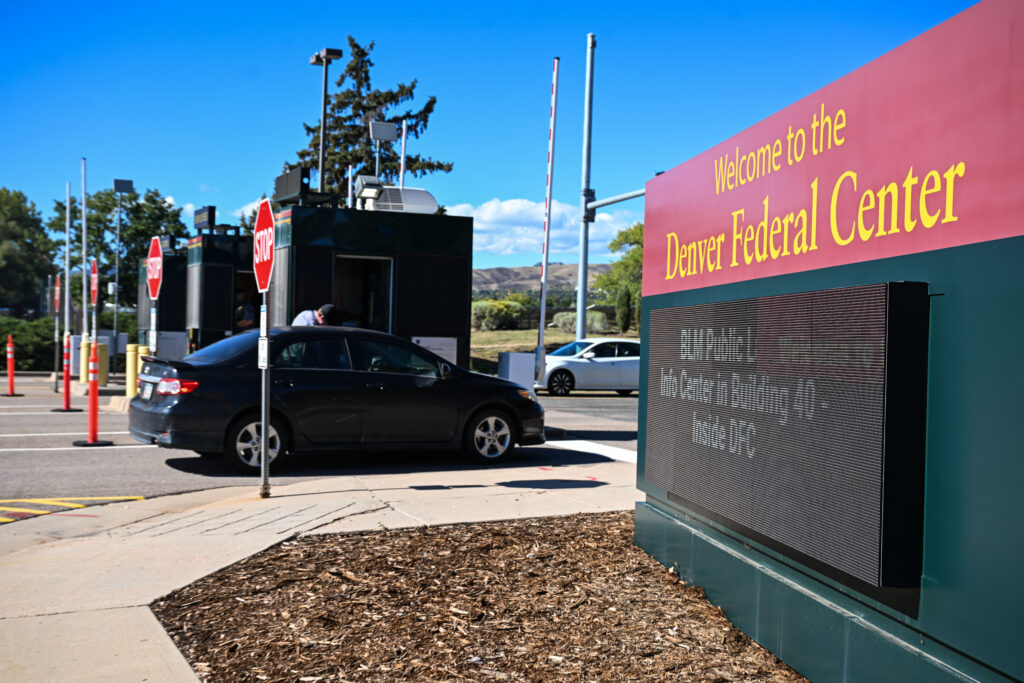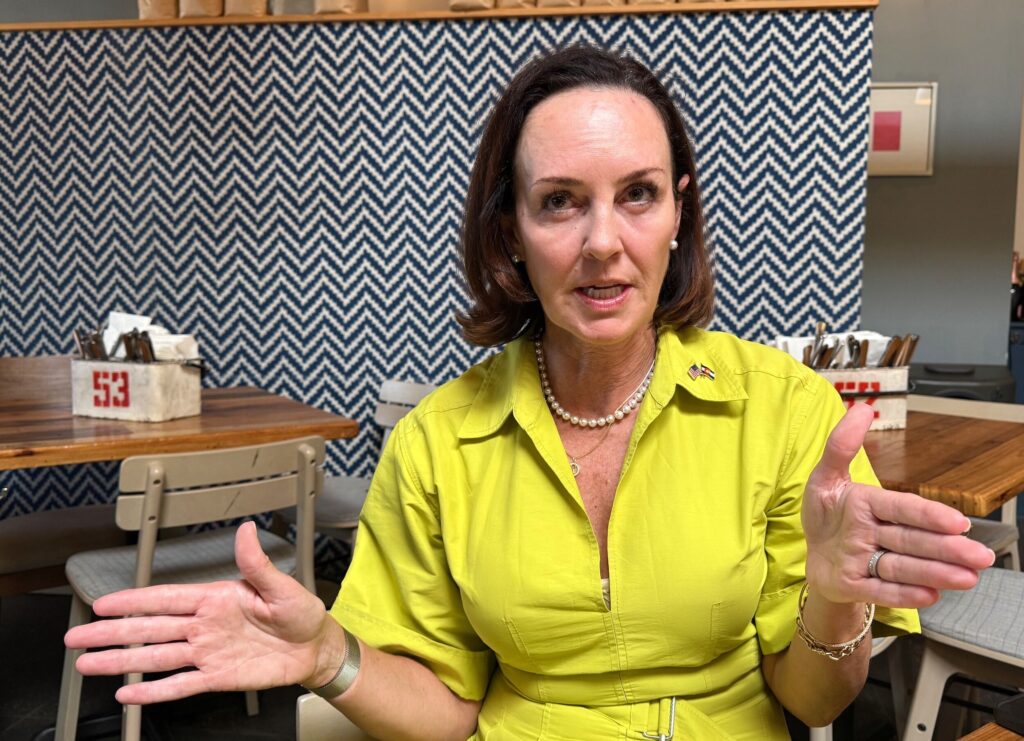The Colorado Springs Gazette editorial: Road bill could be ‘rainbow kisses and champagne dreams’
On the last day of the 2017 legislative session Wednesday, the Colorado House of Representatives approved a Senate bill to establish a 20-year bond program that directs $1.8 billion toward “infrastructure” and education.
Senate Bill 267 restructures the Hospital Provider Fee, levied on hospitals to obtain federal matching funds, as a state enterprise. The maneuver removes revenues generated by the fee from counting against the state’s constitutional spending cap that triggers refunds under the Taxpayer’s Bill of Rights.
As a compromise with Republicans, Democrats agreed to lower the overall state spending cap by $200 million to protect taxpayer rebates. Democrats also agreed to increase co-pays from Medicaid patients.
We would like to applaud a bipartisan achievement to fund critical needs without raising taxes, if only it were that simple.
First, the good news. The bill, in the likely event Gov. John Hickenlooper signs it into law, may save rural hospitals that were otherwise in jeopardy of closing. It also directs at least 25 percent of bond debt proceeds to projects in rural counties with populations of less than 50,000. Too often our state policies neglect vast rural areas that comprise much of Colorado’s majestic appeal.
Here’s the bad news. The law would create nearly $2 billion in additional debt without a mention of fixing I-25 between Monument and Castle Rock. That means we have no assurance this dangerous corridor between Colorado’s two largest cities, clogged much of the time, will be widened anytime soon.
Five of eight members of our region’s legislative delegation voted against SB267. The bill is so vaguely worded the money could go to almost anything.
Consider section 5 of the bill, which specifies a portion of revenues shall be used for “the planning designing, engineering, acquisition, installation, construction, repair, reconstruction, maintenance, operation or administration of transit-related projects, including, but not limited to designated bicycle or pedestrian lanes of highway and infrastructure needed to integrate different transportation modes within a multimodal transportation system, that enhance the safety of state highways for transit users.”
The legalistic gobbledygook specifies bicycle and pedestrian lanes, but never mentions the word “bridge.” It never uses the phrase “interstate highway,” “freeway,” or “I-25.”
“Whether we will get money for widening that corridor is very much in question, because the bill is not focused on roads and bridges, let alone I-25,” said state Rep. Paul Lundeen, R-Monument, who ranks among the more outspoken advocates of fixing the freeway. “We may get nickels and dimes, dribs and drabs, and we may get nothing.”
“The word ‘infrastructure’ can mean anything. It could be cyber, broadband, bike lanes. It could mean rainbow kisses and champagne dreams. That’s why I voted against this bill. More likely than road and bridges, we will get more government and more expansion of Medicaid.”
Locals who voted for the bill include Sen. Bob Gardner, R-Colorado Springs, Rep. Larry Liston, R-Colorado Springs, and Senate President Kevin Grantham, R-Cañon City. We trust they will fight for our region’s critical need for a better link to Denver.
We can only hope SB267 does as proponents promised.
We need more money for schools, bridges and roads. We don’t need more Medicaid, expanding bureaucracies or rainbow kisses and champagne dreams.
The Gazette Editorial Board


